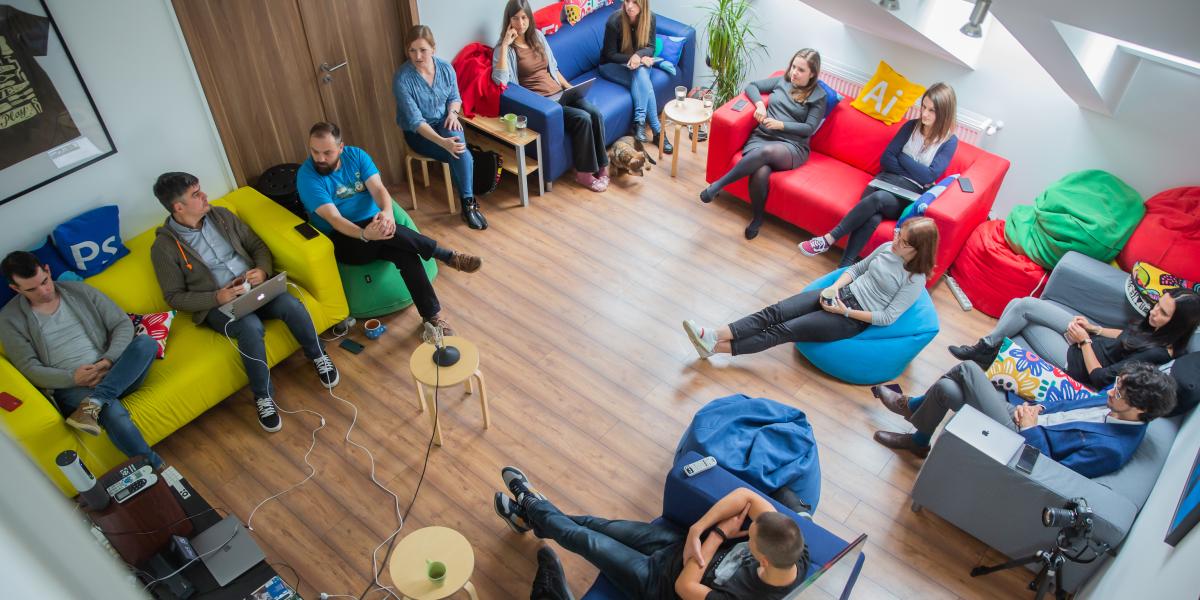What are the things to look out for when recruiting? This is probably one of the most critical questions because if we get it wrong, it will have severe consequences in the long run. We want to attract competent people to the team. Competence builds trust, and the more competent someone is, the faster they can build trust.
Integral Vision
What are the things to look out for when recruiting? This is probably one of the most critical questions because if we get it wrong, it will have severe consequences in the long run. We want to attract competent people to the team. Competence builds trust, and the more competent someone is, the faster they can build trust.
This is not the most important aspect if we want to see balanced teams in the company in the long run.
More important than that, for example, is to be part of the 80% who are reciprocal in their actions. Besides competence, it is more important to be credible, to take responsibility for your actions. Character weaknesses are much harder to change than to increase competence.
To build trust, you need people who practice reciprocity, i.e., when they receive a favor, they want to return it, not perceive it as a privilege. By selecting such individuals into an organization and allowing them to self-organize, internally motivated people can form a team capable of development. This is the first step. It is crucial that the recruitment criteria are aligned with this need and that people who care about their well-being and the well-being of others are brought into the organization.
If such a community is given, we can be sure that everyone has the will not try to impose their will at the expense of others. This is the minimum necessary condition to create a sustainable network of trusting relationships built over the long term.
Many have tried to solve the dilemma of making teamwork well in the long run. Many different models have been developed on this topic, but we can hardly claim to have the perfect recipe.
It is unknown what creates mutual sympathy between two people, but it indeed depends on the two parties - and not on the scrum master - whether it is made.
The more I have the opportunity to organize my work, the more likely I am to connect with people who are compatible with me.
Marcus Buckingham and Ashley Goodall ("Nine Lies About Work: A Freethinking Leader's Guide to the Real World") argue that people don't care what company they work for; they care what team they work on.
Their research found that our workplace experiences with our closest team members ("our immediate co-workers, lunchmates and trusted conversation partners") significantly impact our engagement than our experiences with less close colleagues.
"When someone decides they don't want to work for a company, they're not saying no to the company; they're saying no to the team. If a person is placed on a good team in a bad company, they are unlikely to leave. But if you get on a bad team in a good company, you won't stay there long" (source: Corporate Rebels.
Share with your friends!